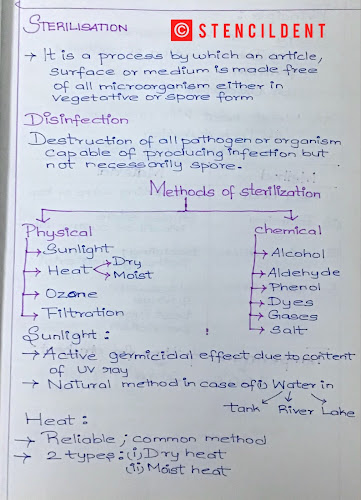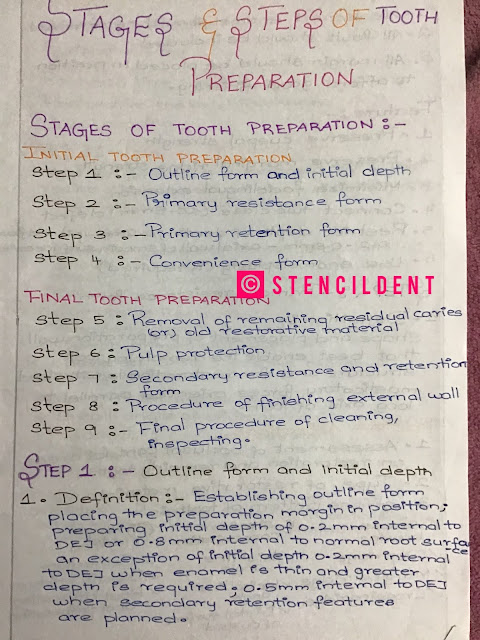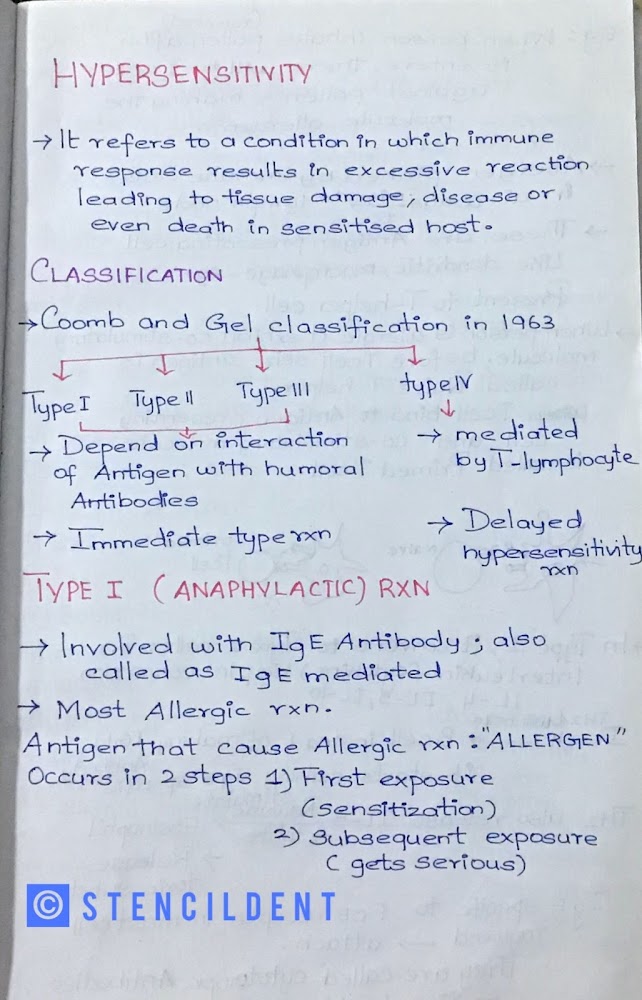ANTIDIABETIC DRUG - CLASSIFICATION,INSULIN,SULFONYLUREA
ANTI-DIABETIC DRUG
Diabetes mellitus: Chronic disorder characterised by hyperglycemia and altered metabolism of carbohydrate,lipid,and protein.
- oral antidiabetic drug lowers blood glucose level
CLASSIFICATION:
ANTI- DIABETIC DRUG
1) ENHANCE INSULIN SECRETION:
A)POTASSIUM ATP CHANNEL BLOCKER:
a1) Sulfonylurea :Gliclazide,Glipizide
a2)Phenylalanine analogue : Nateglinide
B) DIPEPTIDYL PEPTIDASE INHIBITOR
2) OVERCOME INSULIN RESISTANCE:
a)Biguanide :Metformin
b)Thiazolidinedione: Pioglitazone
3) MISCELLANEOUS DRUG:
a) Alpha glucosidase inhibitor :Acarbose,Voglibose
b) Amylin analogue : Pramlintide
c) Dopamine agonist :Bromocriptine
INSULIN
Its used in insulin dependent diabetes mellitus and non-insulin dependent diabetes mellitus
Pharmacological action:
1) CARBOHYDRATE METABOLISM:
- Reduces blood glucose level
- promote glycogenesis in muscle
- Promote protein synthesis
- inhibit protein breakdown
4) FAT METABOLISM:
- Promote free fatty acid synthesis
ADVERSE EFFECTS:
- HYPOGLYCEMIA: Sweating,anxiety
- LOCAL REACTION: Swelling
- ALLERGY: Urticaria
- Headache
- Diarrhea
NEWER INSULIN:
- Developed insulin
- characteristic features:make treatment flexible,safer,fast acting,absorbed faster and Increased stability
- Types of new insulin :
- RAPIDLY ACTING INSULIN
- SHORT ACTING
- INTERMEDIATE
- LONG ACTING
- They lower risk of postprandial hypoglycemia
- They are taken just before meal
- Short acting,less soluble
- subcutaneously slow absorbed
- Subcutaneously dissociate slowly,taken once or twice daily
- solution appear cloudy
- Prolonged duration of action
- should be avoided in pregnant ladies
Sulphonylureas
- They lower blood sugar level in diabetic and non-insulin dependent diabetic individual.
- Sulphonylurea bind to specific receptor present on beta cell of islet of langerhan
- Block ATP sensitive potassium channel
- Depolarisation and influx of calcium ion occur in beta cell
- Release of insulin from beta cell.
PHARMACOKINETICS:
1) ABSORPTION : Gastrointestinal tract
2)METABOLISED : Liver
3)EXCRETION: Urine
USES :
- Treatment of maturity onset diabetes
- Insulin Resistant
- Diabetes Insipidus
ADVERSE EFFECT:
Increase body weight
AIM OF THIS POST:
Today through this post we have covered the classification of antidiabetic drug ,insulin: pharmacological action,adverse effect,types, and sulphonylureas: classification,mechanism of action,pharmacokinetics ,uses and finally about adverse effect.
If you haven't seen previous post on corticosteroid do check it out and let me know your comments and for any product endorsement contact stencildent@gmail.com.
THANK YOU







Comments
Post a Comment